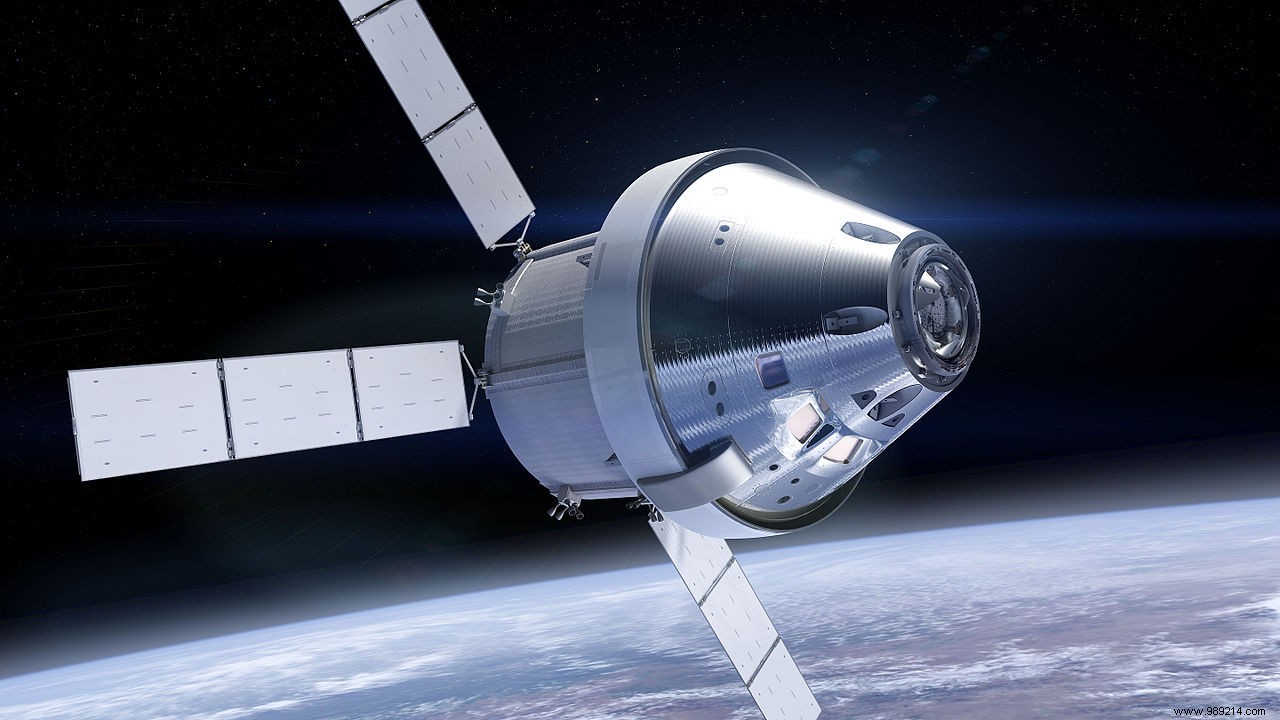NASA will test a system based on Amazon's Alexa system during the Artemis I mission scheduled for next March or April. The goal will be to determine how this voice recognition technology could be used to help astronauts on future missions.
NASA is currently preparing for its Artemis 1 mission, during which an uncrewed Orion capsule will circle the Moon before returning to Earth. This highly anticipated flight, which will take place next spring, should prepare for the return of humans to our satellite, probably in 2025 . In the meantime, the American space agency plans to use this life-size test to send two unprecedented payloads into space.
For several years, voice assistants have been popular. They simplify the life of users by responding to the slightest wish expressed aloud or almost. In fact, whether it is Siri, Google Assistant or Alexa, the services are indeed limited, users generally having to content themselves with asking for the weather or the execution of a musical playlist. However, these assistants could prove very useful in space .
In their ship, the astronauts are "both awash in data and constantly lacking in information “, explains Rob Chambers, director of civil space business strategy at Lockheed Martin.

To test the true usefulness of these intelligent voice assistants , NASA has partnered with Amazon, which offers the famous Alexa, and with Cisco, which offers a teleconferencing platform called Webex. These two tools are part of a new program called Callisto that could make the work of astronauts simpler, safer and more efficient if successful.
Callisto could, for example, allow astronauts to use voice commands to access data, to adjust the controls of their capsule, to run diagnostic tests or to interact with ground teams. According to Aaron Rubenson, vice president of Amazon Alexa, Callisto will be programmed to respond to thousands of phases or utterances . If he cannot manage these requests himself, the requests will then be transmitted to the ground teams.
Recall that Artemis 1 is an uncrewed mission. There will therefore be no one on board to speak to Callisto. For this flight, "virtual crew members" located at Mission Control will make requests, while multiple cameras inside the capsule will capture these interactions. For now, however, there are no plans to use Callisto on future Artemis missions . It is above all a question of testing the technology and above all of evaluating its true potential usefulness.
As Spacenews points out, using Alexa in space would, in some ways, "close the circle of technology ". Aaron Rubenson points out that Amazon's development of Alexa was inspired by computers from the "Star Trek" television series that responded to voice commands from the spacecraft crew.